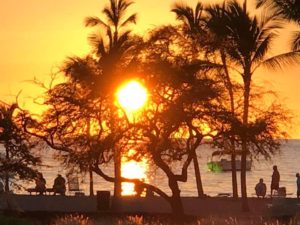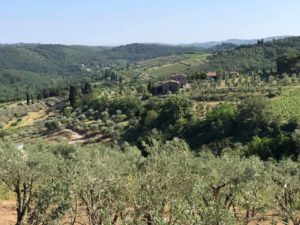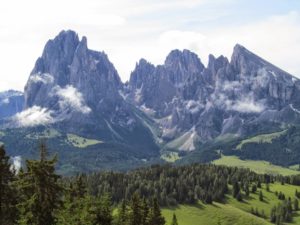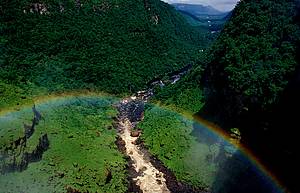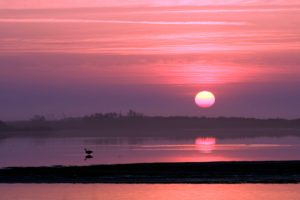SELF Project: Bhutan


Deep in the heart of the Himalayas, Bhutan is the world’s sole surviving Buddhist Kingdom, and home to nearly 600,000 people. The land-locked country is the true counterpart to the mythic city of Shangri-La, an environmental and cultural paradise where prayer colorful flags flutter atop ancient monasteries, and age-old traditions have been passed down through the generations.
The Royal Government of Bhutan, His Majesty Jigme Singye Wangchuck, is taking a very active and careful approach to modernization in its rural areas to avoid the often destabilizing effects of rapid development.
The Phobjikha Valley of Bhutan is a critical habitat for the Black-Necked Crane. The 500 families that inhabit Phobjikha Valley have longed for the improved quality of life that electricity can provide, but are faithful protectors of the natural wonderland they call home.
Stringing the national electrical grid to the Valley would mar the region’s unscathed landscape and endanger these extraordinary creatures. But here, families must cut trees and brush for fuel, which slowly destroys the habitat of the beloved cranes, and creates a serious fire hazard in homes. Burning wood chips, kerosene lamps, and candles are a hazard to human health as well, affecting the eyesight and lungs of the population here.
In October 2003, the Solar Electic Fund (SELF) developed a solar electric project to advance the twin goals of improved living conditions and environmental conservation. Working with local partners, Tshungmed Solar and SELCO-India, the project brought clean, reliable solar energy to 151 Phobjikha homes, to the community health clinic, and to the education center of the Royal Society for the Protection of Nature ( RSPN), a non-governmental conservationist group which will provide ongoing support for the project.
SELF provided the seed capital and financing mechanism for families to secure small loans for purchase of their solar home system. Sixteen families chose a six-light system (at a cost of about $475) powered by 75-watt BP Solar panels, and the remaining families opted for a four-light system (at a cost of about $365) powered by 50-watt BP Solar panels.
With the microloans, the monthly payments for the solar home systems are nearly identical to what families previously paid for kerosene, candles, and batteries. Approximately 25% of the price was due upon installation, with the balance to be paid over three years at an interest rate of 7%, well below rates typically offered through microloans. No interest is charged if families choose to pay the balance within the first year.
With its local partners, SELF trained local men and women in solar technology, installation, and maintenance, thus ensuring that after SELF’s departure, the high-technology project can be maintained over time. Local teens, including two young women, were taught how to care for the batteries and to clean and maintain the solar panels.
In addition to solar home systems, a 750-watt solar system was installed at the education and information center of the Royal Society for the Protection of Nature to run lights and computers at the center. Phobjikha’s small health clinic also has a new seven-light solar system, allowing the clinic to operate day and night.
Electricity in the Phobjikha Valley is a small but vital component of a larger strategy of conservation and development in Bhutan, and this project will serve as a model for electrification of other villag es, both in Bhutan and elsewhere in the Himalayas.
Clean, bright light opens the door of opportunity. The entire community benefits from the newly electrified health clinic where healthcare can now be given on overcast days, and emergencies such as night-time births can be addressed under the vivid glow of an electric light bulb instead of the dim flicker and choking fumes of a kerosene lamp. The women of Phobjikha Valley can now stitch embroidery, weave, or produce other income-generating goods during the evening hours, and can enjoy brightly-lit family time. Children can study in the evening hours. RSPN can monitor the Black-Necked Cranes with computers, rather than pen and paper, and lights at the center provide the community with a gathering place to socialize in the evenings and learn computer literacy skills.
The project was made possible by the generous support of the V. Kann Rasmussen Foundation, the International Foundation, the Summit Foundation, Geographic Expeditions, Dar Williams, Colin and Anne Phipps, Elaine Seiler and numerous other individual donors, many of them past visitors to Bhutan.
To learn more about SELF and this project, visit here: http://www.self.org/bhutan1.shtml


